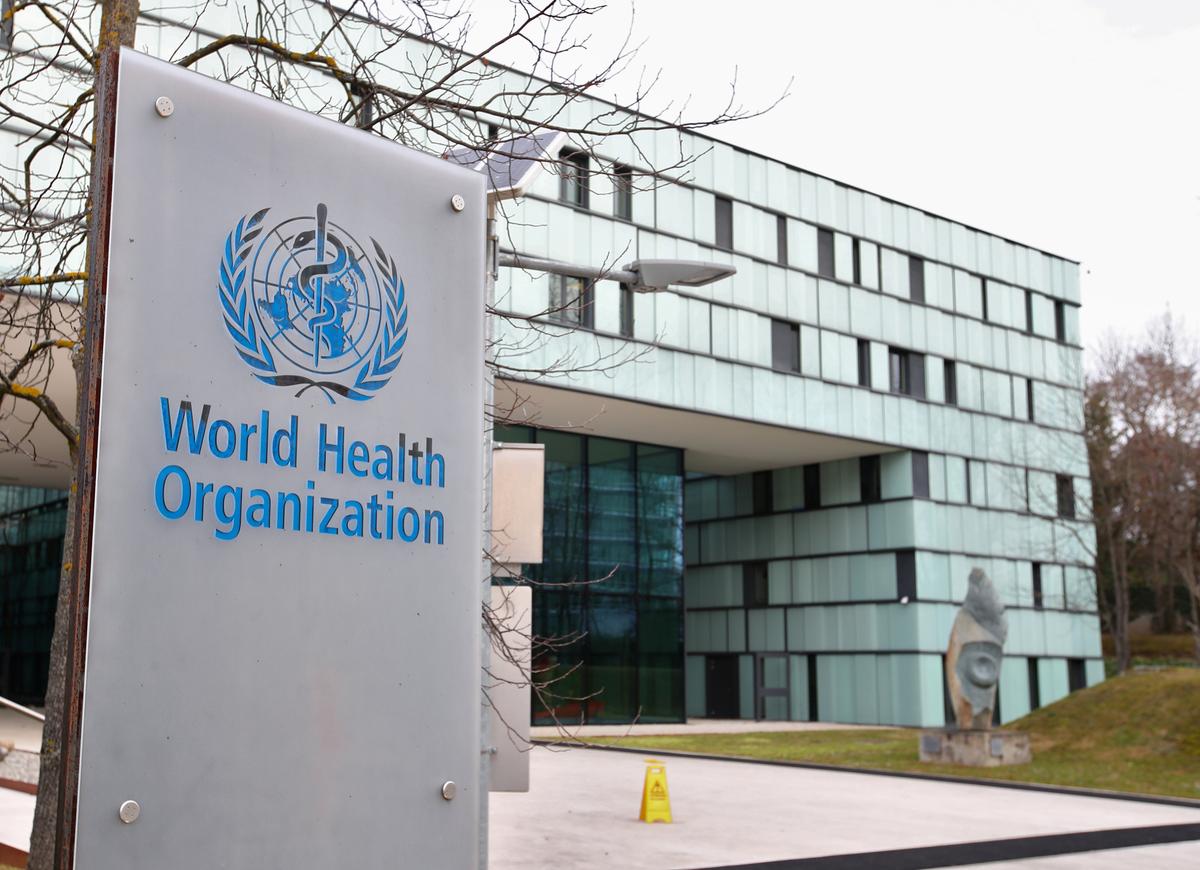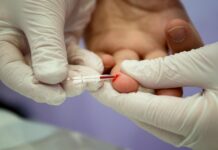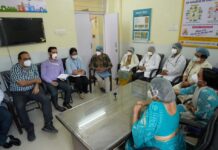GENEVA: World Health Organization (WHO) said that it’s concerned that many countries, particularly the global south, are still on the upswing of the COVID-19 pandemic, and again called for global solidarity to overcome difficulties for “over 100 years.”
“We are concerned that we are still very much on the upswing of this pandemic in many countries, particularly of the global south,” Dr Michael Ryan, Executive Director of WHO Health Emergencies Program, said on Friday at a virtual press conference in Geneva, Xinhua news agency reported.
“First and foremost, most of the world right now is still very much in the throws of the first wave of this pandemic. Some countries in Europe, in Southeast Asia, North America have been through the peak of a wave of infection,” he explained.
“The current uptick in cases in some countries … (is) related to (the) reopening of society, re-mixing of people and being in a situation without adequate social distancing, without adequate measures in place. And without adequate capacity to isolate tests, isolate suspect cases and quarantine contacts, the disease can return again,” Ryan said.
Meanwhile, “it’s not surprising at all that any country coming out of lockdown can have clusters of disease, re-emergence of disease and clusters — that’s not necessarily a second wave,” he added.
Ryan said that careful balance must be struck “between keeping everyone at home and continuing to completely suppress transmission of COVID-19” — “a public health dilemma” that “has to be carefully managed and balanced by every government every minute of every day.”
“That really comes down to the sophistication of your public health surveillance, your ability to test, track and trace, your knowledge of the virus as it’s spreading through communities, and your ability to apply measures in a way that’s not a blanket measure that you can lift and adjust measures at a sub-national or a sub-state level that allow you to be much more sophisticated in doing that.”
“But that is driven by having good data and without good data, it’s almost impossible to take that approach,” Ryan emphasized.
Furthermore, he said the WHO is concerned that some countries were having difficulties in exiting the so-called lockdowns.
“So the question is: what have you got to replace lockdown with? And what we have now in the absence of a vaccine? Is good public health surveillance a strong relationship with communities, so they know how to protect themselves and they’re empowered to protect themselves?”
“It is difficult to achieve in any circumstance, but it is the only way to sustain the next number of months while we wait for other interventions,” he said, emphasizing the importance of learning to live with the virus and finding a balance of controlling the virus.
“This is a difficult dilemma, but we must find that balance, and each society must find that balance which is in accordance with its values and what citizens in that country wish to achieve as a collective and that’s not always so easy to achieve,” Ryan added.







